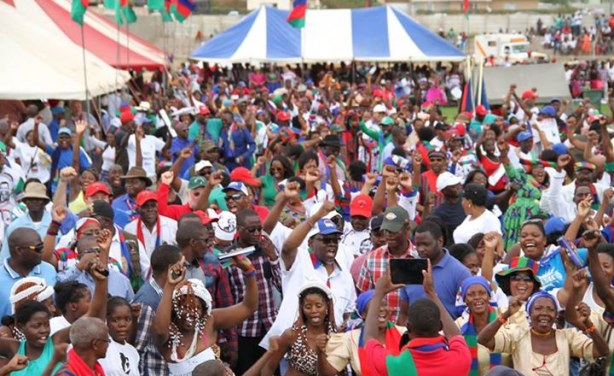

Boulder, CO: Lynne Rienner.Ĭollier, Ruth Berins, and David Collier. The transition to independence in Namibia. Comparative Politics 14 (2): 169–89.Ĭliffe, Lionel, Ray Bush, Jenny Lindsay, Brian Mokopakgosi, Donna Pankhurst, and Balefi Tsie. The new politics of participation in tropical Africa. Cambridge: Cambridge University Press.Ĭhazan, Naomi. Democratic experiments in Africa: Regime transitions in comparative perspective. Berkeley: University of California Press.īratton, Michael, and Nicolas van de Walle. In Political parties and national integrations in tropical Africa, ed. Namibia in the first decade of independence: How democratic? Journal of Southern African Studies 27 (1): 33–55.īerg, Elliot, and Jeffrey Butler. Athens: Ohio University Press Oxford: James Currey. Labor and democracy in Namibia, 1971–1996. Gilton Klerck, Andrew Murray, and Martin Sycholt. In Continuity and change: Labour relations in independent Namibia, ed. The new labour act: Best compromise achievable. Politics and Society 23 (1): 75–106.īauer, Gretchen. Challenging transition theory: The labor movement, radical reform, and the transition to democracy in South Africa.
This process is experimental and the keywords may be updated as the learning algorithm improves.Īdler, Glenn, and Eddie Webster. These keywords were added by machine and not by the authors. Or the state-sanctioned establishment of workplace liaison committees, rather than autonomous trade union branches The implementation of restrictive labor laws and/or state of emergency regulations The selection of trade union leaders by government appointment rather than rank and file election The imposition of trade union unity through the creation of national labor centers The co-optation of trade union leaders into government The absorption of trade unions into ruling political parties This demobilization was accomplished in a variety of ways: 1 Rather, in many instances, political independence in Africa led to the rapid demobilization of trade unions.

For many organized labor movements, however, independence was no boon. In many African colonies they joined together with nascent nationalist movements to lead the struggle for political independence. In the aftermath of World War II trade unions emerged in significant numbers and strength throughout Africa.


 0 kommentar(er)
0 kommentar(er)
